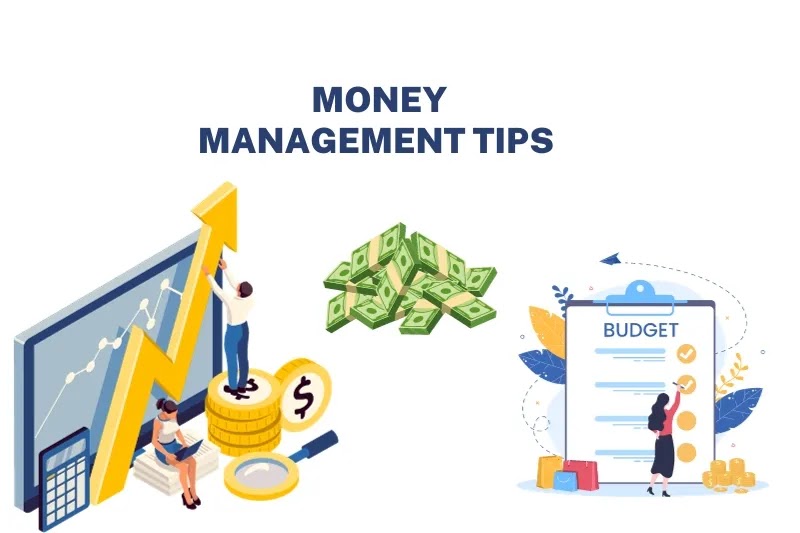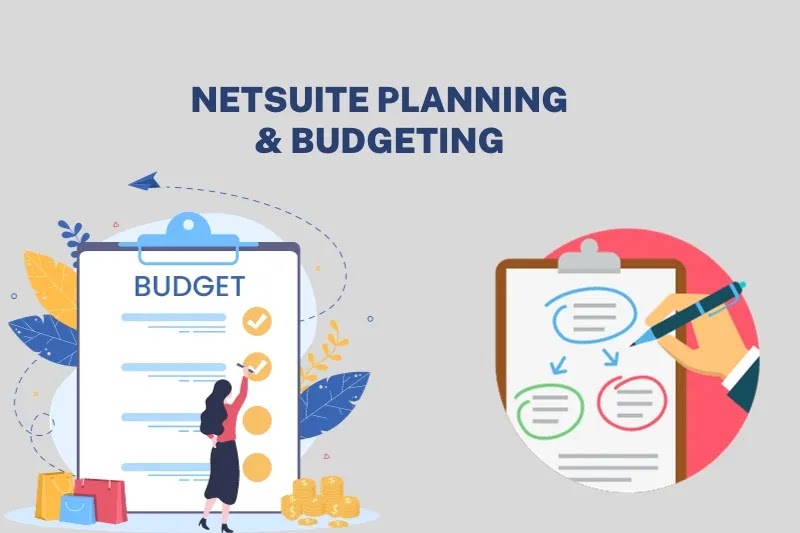Introduction
So, you’ve navigated the storm of bankruptcy, and now you’re wondering, “How do I fix my credit?” Well, you’re in the right place.
In this guide, we’ll break down the steps to improve your credit score after bankruptcy, unravel the mysteries of credit recovery, and address the burning question: How long will a bankruptcy affect me?
1. Understanding the Aftermath of Bankruptcy
Let’s face it—bankruptcy isn’t a walk in the park. It leaves a mark on your credit history, making the road to recovery seem daunting. Understanding the ins and outs of how bankruptcy affects your credit is the first step to rebuilding.
2. Creating a Solid Financial Plan
Crafting a robust financial plan is your roadmap to recovery. Budgeting, emergency funds, and smart spending habits are your allies in this journey. It’s time to take control of your finances.
3. Secured Credit Cards: Your New Best Friend
Secured credit cards act as a lifeline post-bankruptcy. They’re like a financial training ground, helping you prove your creditworthiness while minimizing risks for lenders.
4. Timely Payments: The Cornerstone of Recovery
Punctuality is key. Timely payments on your debts showcase responsibility and reliability. Set up reminders or automatic payments to ensure you never miss a due date.
5. Diversify Your Credit Mix
Variety is the spice of life—and credit. A diverse credit portfolio, including installment and revolving credit, paints a positive picture for potential creditors.
6. Monitoring Your Credit Report Vigilantly
Knowledge is power, especially in credit repair. Regularly check your credit report for errors, discrepancies, or signs of identity theft. Dispute inaccuracies promptly to maintain a clean slate.
7. Negotiating with Creditors
Don’t be afraid to negotiate. Communicate with creditors, explaining your situation and proposing feasible repayment plans. Many are willing to work with you.
8. Seeking Professional Guidance
When the waters get murky, seeking professional advice can make all the difference. Credit counseling services can provide tailored strategies for your unique situation.
9. Patience is a Virtue: The Waiting Game
Rebuilding credit takes time. Be patient and stay committed to your plan. Small, consistent efforts yield long-term results.
10. How Long Does It Take to Improve Your Credit?
The million-dollar question! While there’s no one-size-fits-all answer, understanding the factors influencing the timeline can help set realistic expectations.
11. Setting Realistic Goals
Charting a course without a destination is futile. Set realistic goals for your credit recovery journey. Celebrate small victories and stay focused on the bigger picture.
12. Life After Bankruptcy: Rebuilding Confidence
Beyond the numbers, rebuilding credit is about regaining confidence in your financial abilities. Learn from the past, stay disciplined, and envision a brighter financial future.
13. FAQs: Your Burning Questions Answered
Q: How long will a bankruptcy affect me?
A: Bankruptcy typically stays on your credit report for seven to ten years. However, its impact lessens over time, especially with proactive credit repair efforts.
Q: How do I get a good credit score after bankruptcy?
A: Focus on timely payments, diverse credit types, and responsible financial habits. Consider secured credit cards as a valuable tool for rebuilding credit.
Q: How long does it take to improve your credit score after bankruptcy?
A: There’s no fixed timeline, but improvements can be seen in as little as a year with consistent, positive financial behavior.
Q: Can I get a mortgage or car loan after bankruptcy?
A: Yes, it’s possible, though interest rates may be higher. Work on improving your credit and demonstrating financial responsibility to secure better terms.
Q: Will negotiating with creditors negatively impact my credit?
A: No, negotiating with creditors shows responsibility and a proactive approach to resolving financial challenges. It can actually have a positive impact.
14. Conclusion: Your Credit Journey Begins Now
In the aftermath of bankruptcy, the journey to fix your credit may seem challenging, but it’s a journey worth taking. Armed with knowledge, a solid plan, and patience, you can rebuild your credit and pave the way for a brighter financial future. Remember, the key is consistency and a commitment to financial wellness. Your credit journey begins now—embrace it!


